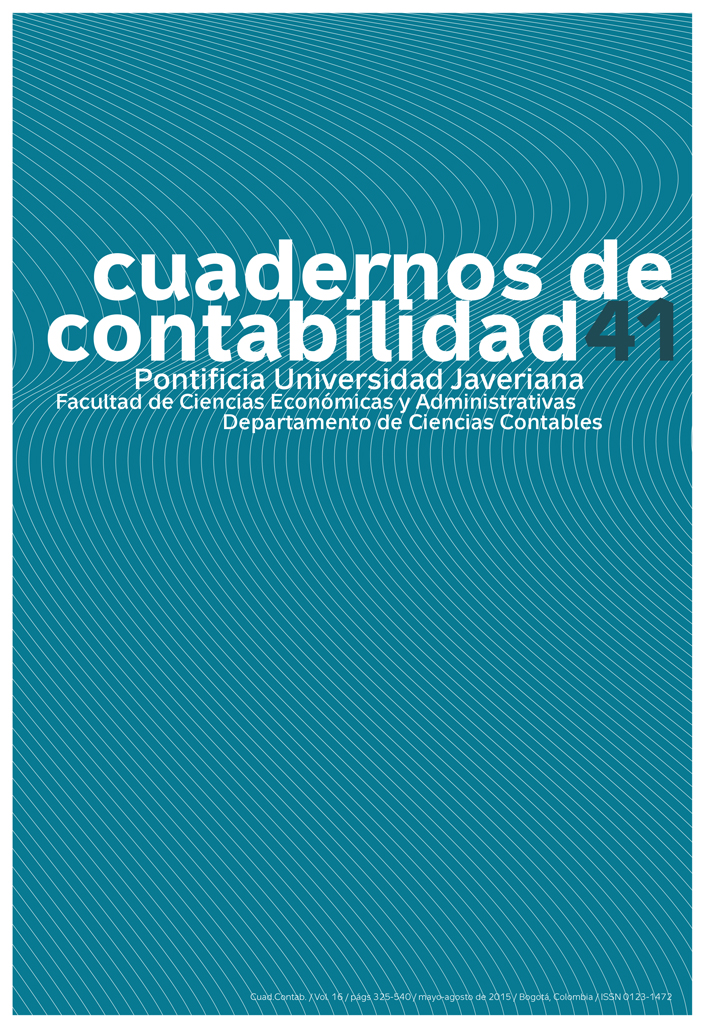Abstract
In special tax administrative law, the substantive
rule refers to the structural elements of tax: taxpayer,
tax collector, taxable event, basis of assessment, and the
rate. The favorability principle of the substantive rule on
tax matters, regarding period taxes, is understood as the
application of substantive rules that reduce or eliminate tax
burdens, favoring the taxpayer in the same period the rule
became effective. The way paragraph three of article 338 of
the Constitution is redacted, when interpreted under the
light of paragraph two of article 363 of the Constitution
creates confusions or quandaries regarding the application
of this principle. The purpose of this article is to clarify
the case law line of the Constitutional Court and the State
Council as to carry out a comparative analysis of the application
of the favorability principle of substantive rule on
tax law. The case law line of each one of these two Corporations
was built using the methodology proposed by Diego
Eduardo López-Medina, which is based on the formulation
of a guiding question. In this case, that would be: Does the
favorability principle of substantive rule apply on tax matters?
With two sides for an answer —yes and no— and to
this end we took the period between 1993 to 2014, we tracked
the rulings of both corporation and identified the most
recent ruling, called Archimedes' ruling. Then, by means
of citations in the ruling, we detected other rulings referring to the same topic until we tracked down the founding
ruling of the line: between the two extremes —the Archimedes'
ruling and the founding ruling— all other rulings
were chronologically organized. After that, we observed the
result obtained, which may be a coherent or a chaotic line
(López-Medina, 2000, pp. 142-147). In the case of the State
Council we found 18 rulings and for the case of the Constitutional
Court, 15 rulings. This article presents the case
law line of the Constitutional Court and the State Council
alongside the findings, conclusions, and recommendations
on the topic.
El aval sobre la intervención de la obra (revisión, corrección de estilo, traducción, diagramación) y su posterior divulgación se otorga mediante una licencia de uso y no a través de una cesión de derechos, lo que representa que la revista y la Pontificia Universidad Javeriana se eximen de cualquier responsabilidad que se pueda derivar de una mala práctica ética por parte de los autores. En consecuencia de la protección brindada por la licencia de uso, la revista no se encuentra en la obligación de publicar retractaciones o modificar la información ya publicada, a no ser que la errata surja del proceso de gestión editorial. La publicación de contenidos en esta revista no representa regalías para los contribuyentes.


